Tariffs are making headlines right now, partially due to President Trump’s tariffs on imports from Canada, Mexico, and China.
But what exactly is a tariff? And what are the pros and cons of using tariffs as an instrument of fiscal policy? Kimberly Clausing, tax law expert and the Eric M. Zolt Chair in Tax Law and Policy at UCLA Law is here to help make sense of it all.
We sat down with Clausing to ask a few questions. Here is what she had to say.
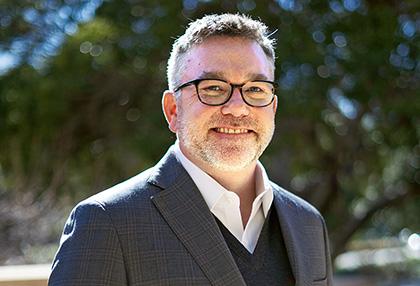
UCLA School of Law professor Mark McKenna has been named a recipient of the Vanguard Award from the California Lawyers Association.
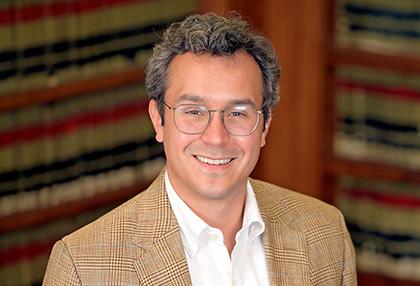
UCLA School of Law professor Blake Emerson has been named a recipient of the Early Career Scholars Medal from the American Law Institute.
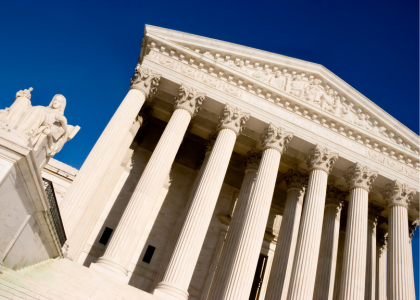
The current U.S. Supreme Court term features major cases on gender-affirming care for minors, federal agency authority, firearms regulation, and religious liberty, along with significant questions about state power and administrative law. So far, the court has issued several decisions on employment and immigration law, with many high-profile cases still awaiting decision.
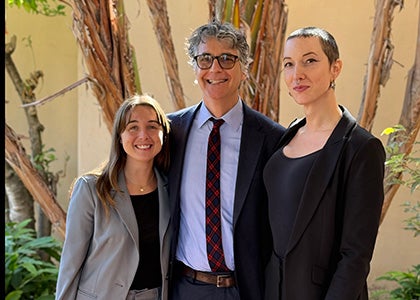
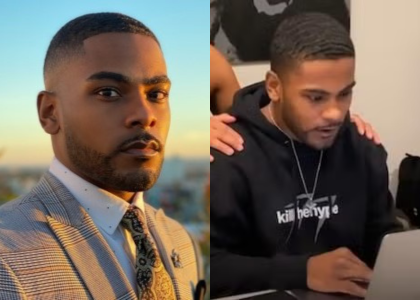
Omarr Rambert ’20 wanted to be a lawyer since he was in fifth grade. While studying at UCLA Law, Rambert specialized in entertainment law, served as an editor of the UCLA Law Review and the National Black Law Journal and as social chair of the Black Law Students Association. Now, as an entertainment lawyer at Sheppard Mullin, Rambert has been named to the Forbes "30 Under 30" list.
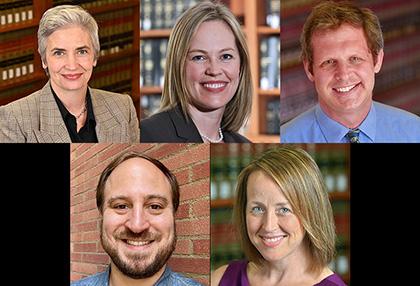
UCLA School of Law’s academic excellence and national prominence has been highlighted in a new publication that tabulates the most influential and impactful current legal scholars.
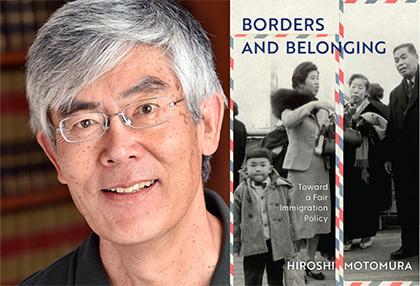
Borders and Belonging: Toward a Fair Immigration Policy (Oxford University Press, 2025) is the third book in UCLA School of Law professor Hiroshi Motomura’s trilogy on immigration law and policy. It offers a comprehensive look at migration, assessing immigration from multiple perspectives and reflecting on the law and larger questions.
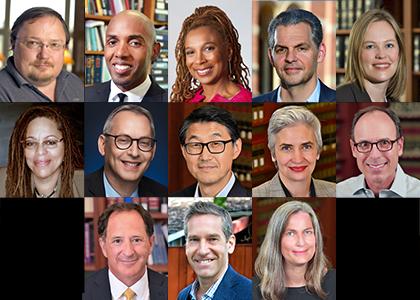
In the latest study to measure the impact of law school faculties based on their research and writing, 14 UCLA School of Law professors have been recognized as leaders of legal scholarship.
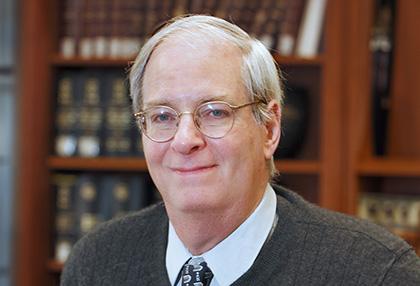
UCLA School of Law emeritus professor Daniel Lowenstein has earned the 2025 John Hart Ely Prize in the Law of Democracy, which is presented by the election law section of the Association of American Law Schools. Lowenstein was the first American law professor to specialize in election law, and he established a leading reputation in that field over several decades.